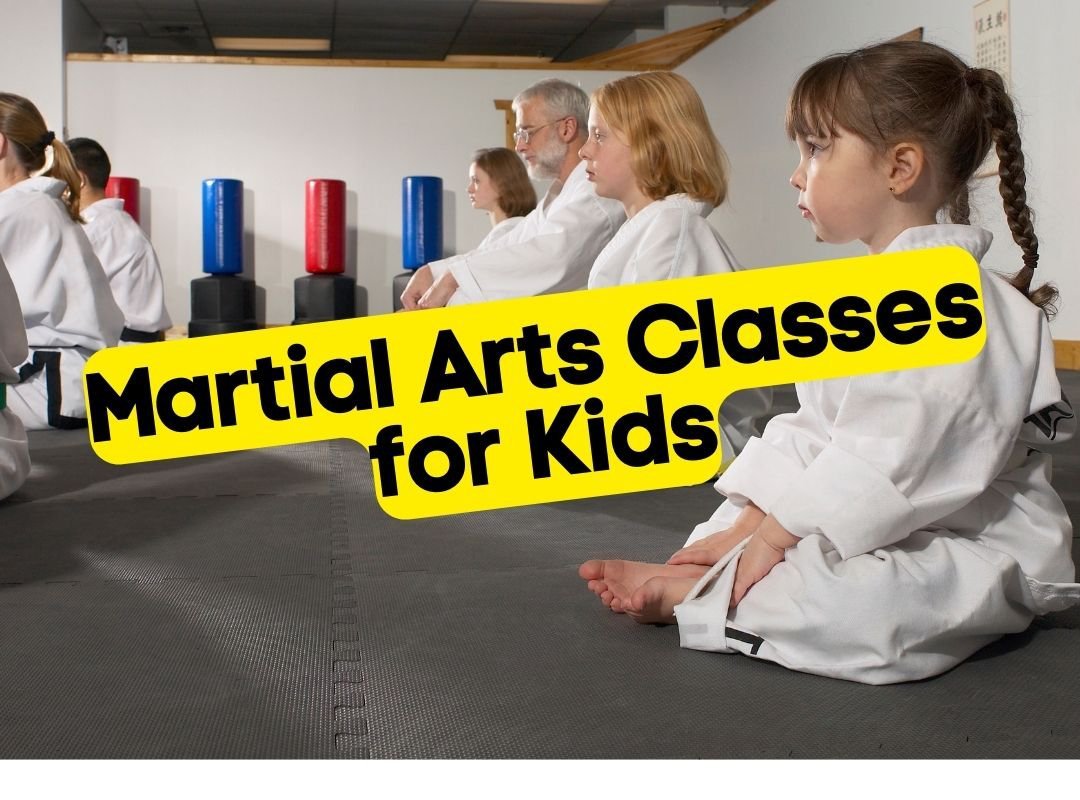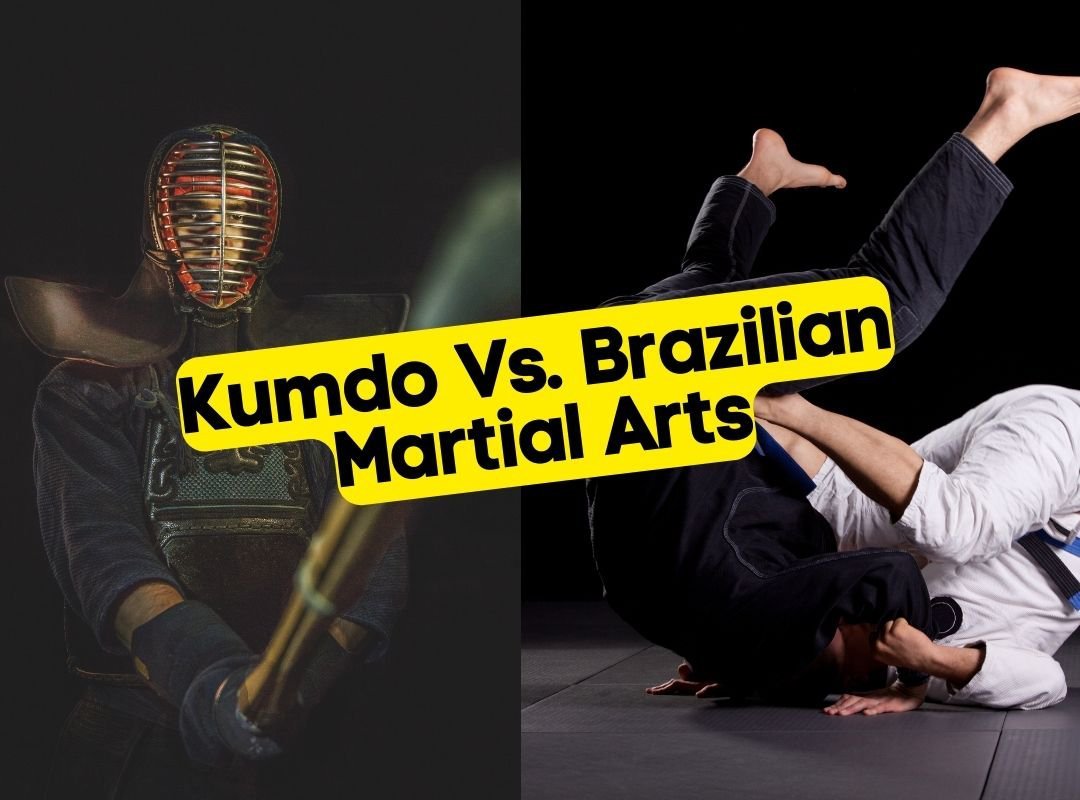Introduction
Martial arts is a discipline that has been practiced for centuries, originating from various cultures around the world. It encompasses a wide range of combat techniques and strategies, as well as a philosophy that emphasizes self-improvement and personal growth. Starting a martial arts journey can be a transformative experience, both physically and mentally. It teaches discipline, builds confidence, and instills a sense of respect and humility. Whether you are a beginner or have been training for years, martial arts offers a lifelong journey of learning and self-discovery.
The Beginning: Starting Your Martial Arts Journey
Choosing the right martial art is crucial when starting your journey. There are numerous styles to choose from, each with its own unique techniques and philosophies. It is important to research and understand the different martial arts to find one that resonates with you. Consider your goals and interests, as well as your physical abilities and limitations. Some popular martial arts styles include karate, taekwondo, judo, jiu-jitsu, and kung fu.
Once you have chosen a martial art, finding the right dojo or instructor is essential. Look for a reputable and experienced instructor who can provide proper guidance and support. Visit different dojos, observe classes, and talk to instructors and students to get a sense of the training environment. It is important to find a dojo that aligns with your goals and values, and where you feel comfortable and motivated to train.
Setting goals and expectations is another important aspect of starting your martial arts journey. Whether your goal is to improve your fitness, learn self-defense, compete in tournaments, or achieve a black belt, having clear goals will help you stay focused and motivated. It is important to set realistic and achievable goals, and to break them down into smaller milestones. This will allow you to track your progress and celebrate your achievements along the way.
The Importance of Discipline in Martial Arts Training
Discipline is a fundamental aspect of martial arts training. Consistency in training is key to progress and improvement. Regularly attending classes and practicing outside of class will help you develop the necessary skills and techniques. It is important to make training a priority and to stay committed, even when faced with challenges or obstacles. Consistency will not only improve your physical abilities but also develop mental discipline and resilience.
Martial arts training also helps develop self-discipline. It requires focus, concentration, and the ability to follow instructions. Through repetitive practice and drills, you will learn to control your body and mind, improving your coordination and mental clarity. Self-discipline extends beyond the training mat and can be applied to other areas of your life, such as work, relationships, and personal goals.
Applying discipline in daily life is another important aspect of martial arts training. The principles and values learned in the dojo, such as respect, humility, and perseverance, can be carried over into everyday life. Martial arts teaches you to be disciplined in your actions, to set goals and work towards them, and to overcome challenges with determination and resilience. By applying these principles in your daily life, you can become a more focused, driven, and successful individual.
Overcoming Challenges on the Path to Black Belt
On the path to achieving a black belt, you will inevitably face setbacks and failures. It is important to remember that failure is a natural part of the learning process and should be embraced as an opportunity for growth. Setbacks can be discouraging, but they also provide valuable lessons and insights. It is important to stay resilient and not let failures define you. Instead, use them as motivation to work harder and improve.
Staying motivated and focused is crucial when faced with challenges. It is easy to become complacent or lose interest over time, especially when progress seems slow. Setting short-term and long-term goals can help maintain motivation and provide a sense of purpose. Surrounding yourself with a supportive community, such as fellow students and instructors, can also help keep you motivated and accountable.
Learning from mistakes is another important aspect of overcoming challenges. Reflecting on your failures and analyzing what went wrong can help you identify areas for improvement. It is important to approach mistakes with a growth mindset, viewing them as opportunities for learning and growth. By learning from your mistakes, you can become a stronger and more skilled martial artist.
The Role of Mental Toughness in Martial Arts
Martial arts training not only develops physical strength but also mental toughness. It requires mental fortitude to push through physical challenges and to overcome fear and anxiety. Developing mental strength is a gradual process that comes with consistent training and practice.
One of the ways martial arts helps develop mental toughness is by pushing you out of your comfort zone. Whether it is sparring with an opponent or performing complex techniques, martial arts training constantly challenges you to face your fears and push your limits. Over time, you will become more comfortable with discomfort and develop the mental resilience to persevere through difficult situations.
Overcoming fear and anxiety is another important aspect of mental toughness in martial arts. Fear is a natural response to unfamiliar or threatening situations, but it can also hold you back from reaching your full potential. Martial arts training teaches you to face your fears head-on and to develop the confidence to overcome them. By consistently exposing yourself to challenging situations, you will become more comfortable and confident in your abilities.
Building resilience is another key component of mental toughness in martial arts. Resilience is the ability to bounce back from setbacks and to adapt to change. In martial arts, you will face numerous challenges and obstacles, both physical and mental. Developing resilience allows you to stay focused and motivated, even in the face of adversity. It helps you bounce back from failures and setbacks, and to continue moving forward on your martial arts journey.
The Evolution of Technique: From White Belt to Black Belt
As you progress in your martial arts journey, you will experience the evolution of technique. Starting as a white belt, you will learn the basics of your chosen martial art. This includes fundamental techniques, stances, and movements. It is important to master these basics before moving on to more advanced techniques.
As you advance in rank, you will begin to master more advanced techniques. This includes combinations, counters, and more complex movements. Advanced techniques require a deeper understanding of the principles and concepts of your martial art. It is important to continue practicing and refining these techniques to improve your skill level.
As you continue to train and gain experience, you will develop your own personal style. This is the culmination of your training, experience, and individuality. Your personal style is a reflection of your strengths, preferences, and unique attributes. It is important to embrace and develop your personal style, as it sets you apart from other martial artists and allows you to express yourself through your movements.
The Significance of Respect in Martial Arts Culture
Respect is a core value in martial arts culture. It is important to show respect to your instructors, fellow students, and the martial arts itself. Respect is demonstrated through actions, such as bowing, addressing instructors and seniors with proper titles, and following the rules and etiquette of the dojo.
Respecting your instructors and fellow students is crucial in martial arts training. Instructors have dedicated their time and knowledge to teach you, and it is important to show gratitude and appreciation for their guidance. Respecting your fellow students creates a positive and supportive training environment, where everyone can learn and grow together.
Understanding the history and traditions of martial arts is another important aspect of respect. Martial arts have deep roots and a rich cultural heritage. Learning about the origins and philosophies of your chosen martial art helps you appreciate and respect its traditions. It also provides a deeper understanding of the principles and values that underpin martial arts training.
Applying respect in daily life is another important aspect of martial arts training. The values and principles learned in the dojo, such as respect, humility, and integrity, can be applied to all aspects of your life. By treating others with respect and kindness, you can create a positive and harmonious environment, both on and off the training mat.
The Benefits of Cross-Training in Martial Arts
Cross-training in martial arts refers to the practice of training in multiple martial arts styles or incorporating other forms of physical training into your martial arts routine. Cross-training offers numerous benefits, both physically and mentally.
Cross-training improves overall fitness and health. Different martial arts styles emphasize different aspects of fitness, such as strength, flexibility, endurance, and agility. By cross-training, you can develop a well-rounded fitness routine that targets all aspects of physical fitness. This can lead to improved cardiovascular health, increased muscle strength and tone, and enhanced flexibility and mobility.
Learning new techniques and styles is another benefit of cross-training. Each martial art has its own unique techniques and strategies. By cross-training, you can expand your knowledge and skill set, and gain a deeper understanding of different martial arts styles. This can make you a more versatile and well-rounded martial artist.
Cross-training also helps prevent burnout and boredom. Training in the same martial art for an extended period can sometimes become monotonous. By incorporating different styles or forms of physical training into your routine, you can keep your training fresh and exciting. This can help maintain motivation and prevent stagnation in your martial arts journey.
The Role of Competition in Martial Arts Development
Competition plays a significant role in martial arts development. It provides an opportunity to test your skills and abilities against opponents of similar skill levels. Competition can be both challenging and rewarding, and offers valuable lessons and experiences.
Setting goals and benchmarks is an important aspect of competition. Competing allows you to set specific goals and work towards them. Whether it is winning a tournament, improving your performance, or testing your skills against others, competition provides a tangible target to strive for. Setting goals and benchmarks helps maintain motivation and provides a sense of purpose in your training.
Learning from opponents is another benefit of competition. Competing against different opponents exposes you to different styles, techniques, and strategies. It allows you to learn from their strengths and weaknesses, and to adapt your own approach accordingly. Competing against skilled opponents challenges you to constantly improve and refine your skills.
Building confidence and resilience is another important aspect of competition. Competing in a high-pressure environment can be intimidating, but it also provides an opportunity to develop mental toughness and resilience. Overcoming nerves and performing under pressure builds confidence and self-belief. It teaches you to stay focused and composed, even in challenging situations.
The Importance of a Support System in Martial Arts Training
Having a support system is crucial in martial arts training. It provides a sense of community, motivation, and encouragement. A supportive community of like-minded individuals can help you stay motivated and accountable, and provide guidance and support throughout your martial arts journey.
Finding a community of like-minded individuals is important in martial arts training. Surrounding yourself with people who share your passion and goals creates a positive and supportive training environment. It allows you to learn from others, share experiences, and build lasting friendships. A supportive community can provide motivation and encouragement, and help you stay committed to your training.
Building relationships with instructors and fellow students is another important aspect of a support system. Instructors play a crucial role in your martial arts journey, providing guidance, knowledge, and support. Building a strong relationship with your instructors allows for open communication and personalized guidance. Fellow students can also provide support and encouragement, as they understand the challenges and triumphs of martial arts training.
Receiving support and encouragement is crucial in martial arts training. The journey to achieving a black belt and beyond can be challenging and demanding. Having a support system that believes in you and encourages you can make all the difference. They can provide motivation, celebrate your achievements, and help you overcome obstacles along the way.
The Ultimate Goal: Achieving Black Belt and Beyond
Achieving a black belt is often seen as the ultimate goal in martial arts. It represents mastery and proficiency in your chosen martial art. However, achieving a black belt is not the end of the journey, but rather the beginning of a new chapter.
Understanding the significance of the black belt is important. It represents years of dedication, hard work, and perseverance. It is a symbol of your commitment to the martial arts and your personal growth. However, it is important to remember that the black belt is not the end goal, but rather a milestone in your journey. It is a reminder to continue learning and growing, and to strive for excellence in all aspects of your life.
Setting new goals and challenges is crucial after achieving a black belt. Once you have reached this milestone, it is important to set new goals and challenges to continue your growth and development. This can include pursuing higher ranks, competing in tournaments, teaching others, or exploring different martial arts styles. Setting new goals keeps you motivated and provides a sense of purpose in your training.
Continuing to learn and grow is the key to a lifelong martial arts journey. Martial arts is a never-ending process of self-improvement and personal growth. It is important to remain humble and open-minded, and to constantly seek new knowledge and experiences. By continuing to learn and grow, you can become the best version of yourself, both on and off the training mat.
Conclusion
Starting or continuing a martial arts journey can be a life-changing experience. It offers numerous physical and mental benefits, and provides a lifelong journey of learning and self-discovery. From choosing the right martial art and finding the right dojo, to developing discipline, mental toughness, and respect, martial arts training offers a holistic approach to personal growth and development. By setting goals, overcoming challenges, and building a support system, you can achieve your full potential and continue to learn and grow on your martial arts journey. So, whether you are a beginner or have been training for years, I encourage you to start or continue your martial arts journey and experience the transformative power of this ancient discipline.










